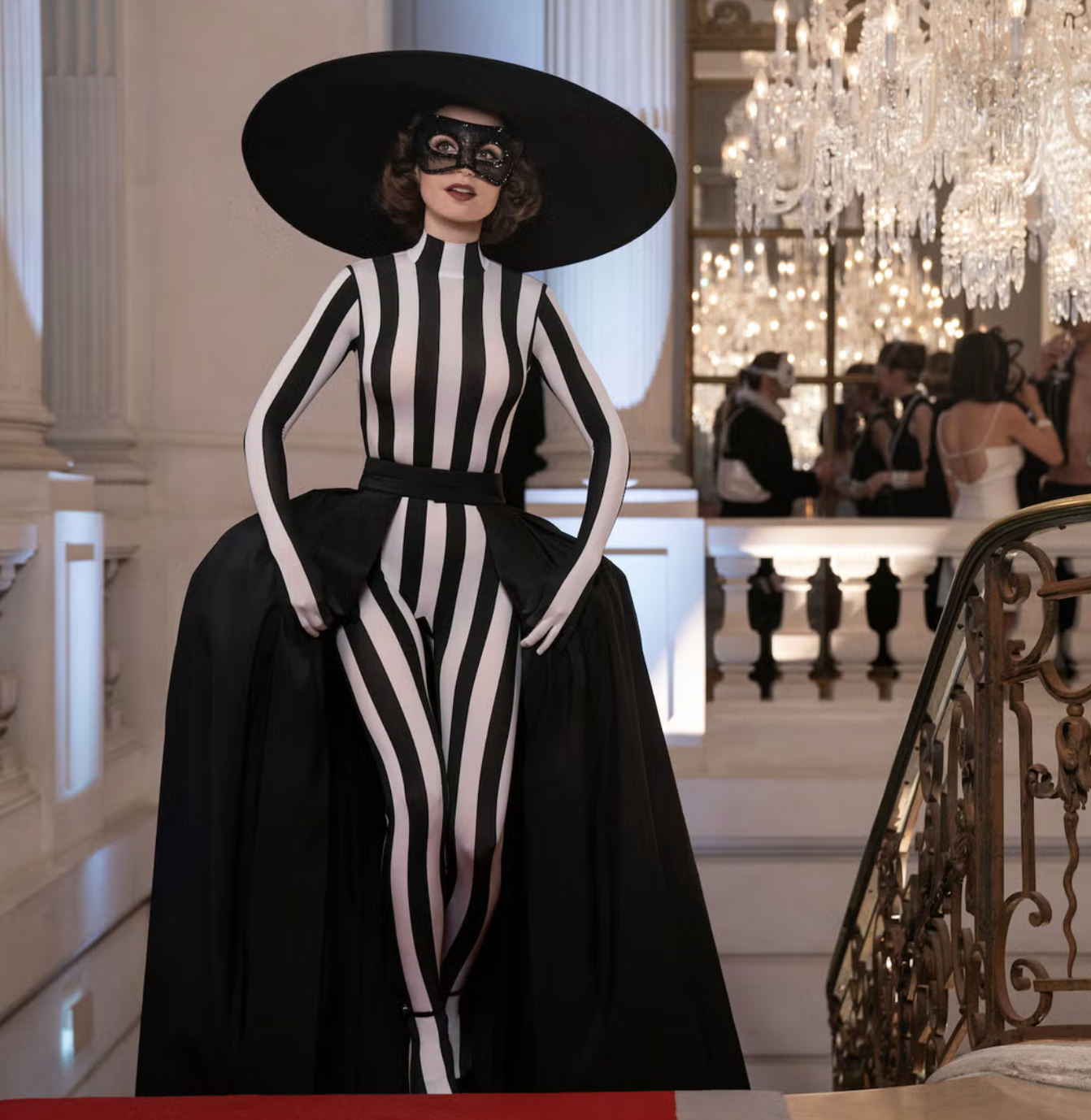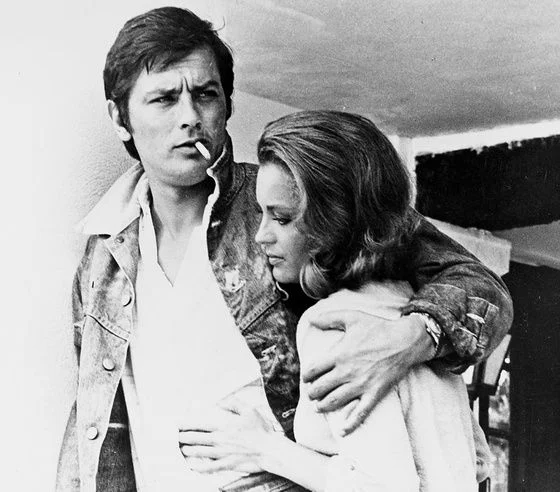Photography Ryan West for Joliegazette.
Misha Green is bold in her writing and producing, and has been unwavering in her efforts to make sure the story of the Underground Railroad is told with an unapologetic truth and a focus on strong female characters.
The 32-year-old is a creative force behind the hit drama Underground produced by John Legend. Misha has written for shows like FX’s Sons of Anarchy and NBC’s Heroes. Her writing career began when she gratudated New York University and moved to Hollywood. Green got several gigs writing for Heroes, Sons of Anarchy, and Helix Her after landing on the Black List–a service that connects screenplays to producers, studio execs, and directors. Since then her career has skyrocketed. Green’s latest project, WGN America’s Underground, has millions of people tuning in and talking each Wednesday night. Green created Underground in 2016, together with fellow Heroes alumnus Joe Pokaski. Underground is a period drama about the Underground Railroad, which takes place primarily in the Antebellum South and bordering free states of the North. The first season premiered on WGN America on March 9, 2016 and the show received an overwhelmingly positive critical response. We caught up with Misha before the season finale.
Juliet: What were you like as a child?
Misha: I got a dollhouse for Christmas when I was 6 and I never stopped playing with it. I didn’t have just one imaginary friend, I had entire imaginary worlds inside the walls of that pink and white plastic dollhouse. On the outside I was mostly quiet, kept to myself, but on the inside, in my head, I had all the adventures a girl growing up in the suburbs of Sacramento could imagine. And I imagined a lot.
Juliet: What books have fortified you as a writer?
Misha: My favorite genre is horror, so Stephen King’s IT is at the top of the list of books that have inspired me. It sparked my love of genre, and this idea of exploring metaphorical problems through a physical monster. Pennywise is still the face of every villain in my head as I write.
Juliet: Underground is based on the darkest American History. How did the idea for the show Underground Railroad come up?
Misha: Sometimes you don’t realize what really sparks an idea. More often then not, it’s a feeling. Something inconspicuous happens, like your sister saying the Underground Railroad might be a good idea for a TV show, and you thinking, “Wow, Underground is a good title…”, and that sits with you, and then you tell a writer you worked on Heroes with, Joe Pokaski, who will eventually become your co-creator, that you’ve thought about doing a show about the Underground Railroad, and he says he’s going to do some research, and then you start researching together, and that takes you to the enslaved narratives at the Library of Congress, and listening to formally enslaved people tell their stories in their own voices, that’s when the feeling you didn’t know you had, hits you: those who were enslaved suffered, but they also laughed, and loved, and fought back. Those are the stories that have been missing from the collective consciousness. That feeling you had, you were tired of seeing the occupation, and ready to see the revolution. That’s the DNA of Underground.
Juliet: What / Who inspired you?
Misha: Maya Angelou inspires me. She was a phenomenal woman, and she made a conscious effort every day to be a phenomenal woman. She said, “We need the courage to create ourselves daily. To be bodacious enough to create ourselves daily.” Those are words to live by. **
Juliet: It is such a sensitive subject for the show. What is your number one goal as showrunner?
Misha: My number one goal as a showrunner is a selfish one. I love to tell stories, and that’s where it starts and ends: with a good story told well. Everything after that is icing on the cake.
Juliet: Tell about music for the show? What is it like having John Legend producing the show ?
Misha: We figured out early on that we wanted to use contemporary music in the show, we wrote Kanye’s “Black Skinhead” into the pilot script. Mixing contemporary music and period music is a delicate balance, and we also knew we wanted to bring on a musical “godfather” who could help us strike that balance. John Legend came on board and did just that. He really worked with us and our composers, Laura Karpman and Raphael Saadiq, to mold the sound of Underground.
Juliet: How did you go about building the cast for the show?
Misha: Our actors fought for their roles. They came in with passion, and they attack every scene with that same passion. We love to challenge our characters, and our cast is always up for the challenge. It’s freeing to know there’s no limit when you’re writing, because our cast can do anything.
Juliet: What impact do you think these stories will have today. What can modern America learn from this?
Misha: There has been a lot of talk about the parallel’s between that tumultuous time in American history and today, but through the research done for Underground, we see that it’s not so much a parallel, as a continuation. A lot of the issues we face today in this country, were born during this time, and they’ve never gone away. It’s only through understanding the root of it, can we hope to change it. What I’ve learned making this show, is that it’s possible to fight back. This season we introduced Harriet Tubman, and in researching her life, we tried to find the woman behind the myth, and what we found was that woman was pretty mythical. We can all be Harriet Tubman’s.
Juliet: Is there a particular actor / actress that you'd like to see play in Underground? Who?
Misha: Angela Bassett was in an episode this season. I’m still recovering from that.
Juliet: Is there anything you can share about the storyline(s) for season 3?
Misha: We’re getting excited as we get closer and closer to the Civil War when the Underground became a natural spy network for the North.
Juliet: What is next for Misha Green?
Misha: More Underground.
Photography Ryan West for Joliegazette.
“Green and Pokaski deserve a huge chunk of praise for writing such an episode — the term ‘tour de force’ comes to mind.”
“Unlike anything the frequently heart-pumping and heart-stopping drama has even done before”
“A unique hour of television” and “Remarkable ‘Underground’ Episode”
Sponsored.






































